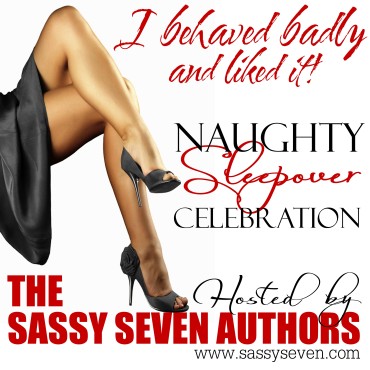Writing about a different sort of romantic hero
I guess when most of us think of a romantic hero, we go for
something along the “Colin Firth in Pride and Prejudice” lines. Tall, handsome,
dashing, with a bit of attitude. (Or, in the case of one of my childhood pin
ups, Dr Kildare, mean, moody and medicinal.) And he always gets the girl in the
end, even if it seems at one point in the story arc like he’s burned his
bridges or she thinks he’s a pain in the elbow.
So, what if your hero doesn’t want to sweep a Jane Eyre or Elizabeth
Bennett off her feet? What if he’d prefer Rochester or Darcy? And what if, just
to complicate things, he’s not physically perfect himself?
I write gay romance. If you want to know why, and that’s an entirely
valid question to ask, it’s because they’re the stories which come into my
head. They’re stories I like to read, too – assuming (as I assume for any book
I buy) they’re well written and the characters are engaging. It’s a burgeoning
market, with plenty of genres of story available and it’s proving popular among
both men and women readers, even though (as with other parts of the romance
market) the quality can be a bit variable. It’s the highlight of my day to get
an e-mail from a gay man saying that he didn’t realise there were any books
telling “his” story and how delighted he’d been to find some.
Having said all that, writing gay romance restricts your number of
potential customers as not everyone wants to read a same sex story, no matter
how good the plot or characterisation. I have a degree of sympathy (my stories
are pretty innocent, but some readers can get turned off by too much anatomical
detail!) However, I’d defy anyone to find anything offensive in beautifully
crafted books such as Mary Renault’s “The Charioteer”.
And then when you go and restrict things further by having a disabled leading man, you run the risk
of turning off even more of your potential readers. Still, when I got inspired to write a story set around
London 2012, I knew I had to write about a Paralympic competitor, not least
because there are some stunningly “hot” Paralympic athletes. Anyone for Oscar
Pistorius or David Weir? We Cochranes love the whole “family” atmosphere that
surrounds disability sport. When you’ve been to the Paralympic World Cup and
ended up among the swimmers’ families, it’s an experience you can never forget.
Even if that manifests as writing a story about an S9 swimmer.
My leading man, Ben, is funny, talented and very hot, even if he’s
got mild Cerebral Palsy that tends to make the left side of his body go a bit
odd at the most crucial of occasions. I’m pleased he’s gone down well with
readers, even though it’s always a worry that people won’t read this particular
story because the hero is less than perfect. I’ve never attempted that before –
had some of my characters get wounded in war and have to suffer the
consequences but not one who was born with a disability.
All this has got me thinking. There are plenty of stories about
heroes who end up being hurt and are loved despite - or because - of it (back
to Rochester again) but fewer cases of leading men (in books or on the silver
screen) who start off less than physically wonderful. Is this because we want
escapist stories? (Not criticising that for one moment—books are a great place
to escape to.) Or are we looking for something in our leading characters which
is somehow more than we have? Great looks, great bodies, great romance?
Is there anything physical (a medical condition maybe?) about a
leading man which would put you off trying a romance in which he starred? Do
share your thoughts.





9 comments:
Thanks for hosting me, Melissa. Really got my brain going, putting together this post.
Thank you. I always love finding a new author! I have Tumble Turn on my wish list.
Michelle V
You're a star!
I read anything that the talented Ms. Cochrane writes because she has made me addicted to her stories. I just got "Tumble Turn" because for some reason I missed the release in April. That said, it's true that most people (myself included) would normally avoid a story where the hero is disabled, especially in a romantic story. I do agree that it's a form of escapism, we seek for a perfect man (or woman) that doesn't exist in real life. We want our romantic heroes (on TV, movies, books) to be handsome, athletic, brave, intelligent, etc. Nevertheless, if Ms. Cochrane creates a disabled hero, I have no doubt that he will be the most adorable one ever written.
I'd be reluctant to read about a mentally challenged hero or heroine in a sexual relationship with someone who wasn't. That would smack of exploitation to me.
@Gehayi. I'm right with you there. In fact anything which smacks of exploitation gets my goat.
@ Sari You make me blush! And you've made me smile or a wet cold cheerless day. Muchas gracias.
I don't think I would be put off by anything as long as it was part of the story and not just there for the sake of being there. It may take a little while to get used to something but if it's woven in skillfully it shouldn't be a big hurdle.
Sue
@ Sue Wise words. It's extremely vexing to read anything you feel has been shoehorned into a story rather than arising naturally from it.
Post a Comment